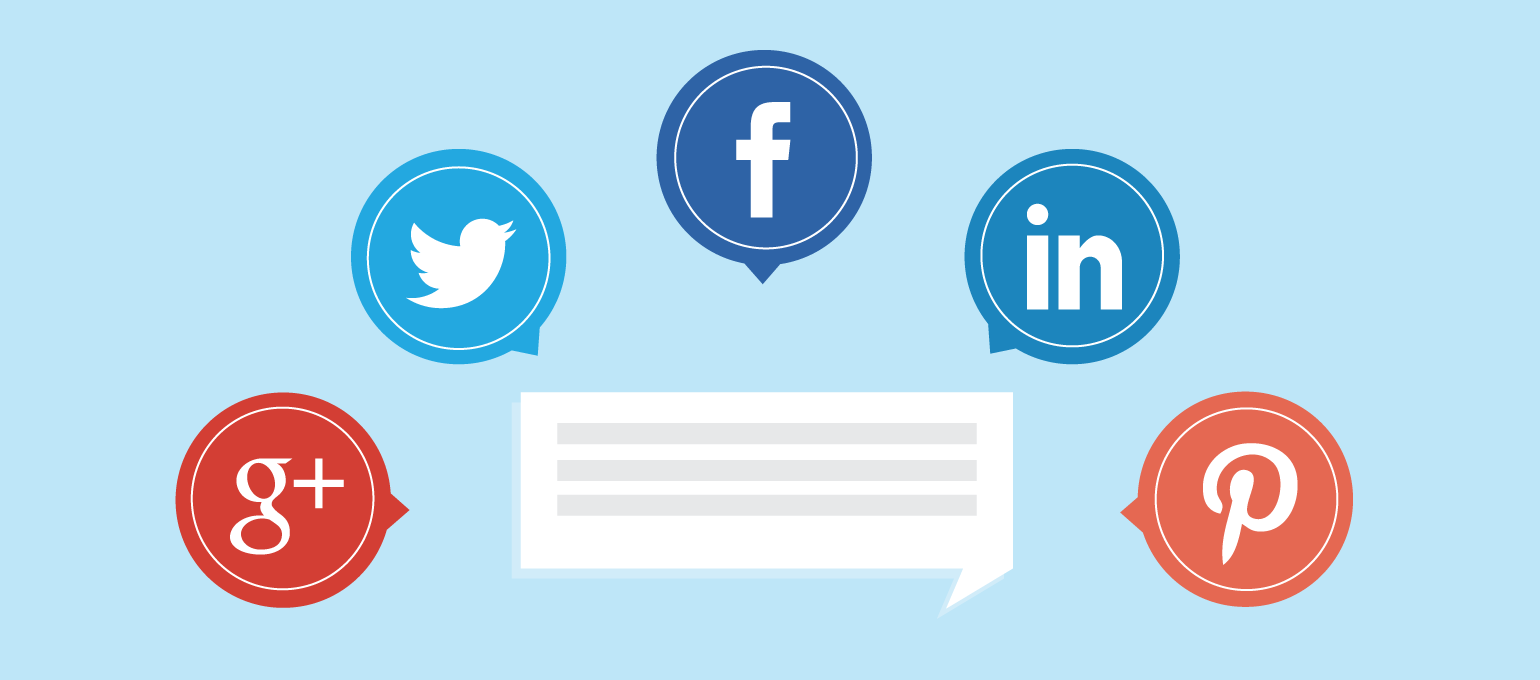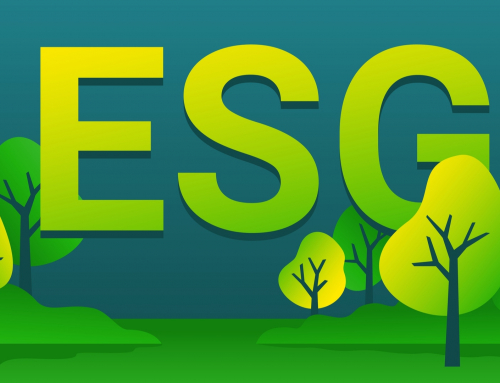Social media can be a distraction at work, but they are not always a bad thing. Help employees use social platforms to make network and learn from other professionals can make them more productive and result in a benefit for the company.
Whether it’s Facebook, Instagram, Twitter, Linkedin, Snapchat or Reddit, chances are good that employees spend a portion of the value of working hours at least one of these social networks. Before you install enterprise-wide web filters to prevent access to the company, however, there are some things to consider about employee habits on social media.
“Social media is now more accessible than ever and employers can exploit them for the good of the company,” says Tisha Danehl, vice president of Ajilon Professional Staffing. “If a company has a clear policy regarding the use of social media in the workplace and communicates its rules effectively, it should not be necessary to block sites, because employees remain productive and focused on their tasks”.
Social media can certainly have negative effects on the job. Pew Research, for example, surveyed over 2,000 American adults about their “social” habits in the workplace and 56 percent of respondents said they felt distracted by social media compared to the work they are to perform. However, if managed correctly, social media can be beneficial in the workplace, without interfering with the daily activities and also increasing employee engagement.
An increasingly blurred boundary between private and professional life
According Danehl, thanks to sites like Facebook the line between personal and business field dried up. A study conducted by Ajilon showed that 51 percent of respondents were connected with their boss on some social platform, which can lead to a mixing of work and personal life. Danehl stresses that this can also lead to difficult situations, for example in the case where an employee is bumped from what they are posting to other colleagues, whether in the course of the election or simply of an opinion which is not located agree .
Ajilon survey of 24 percent of respondents said they had posted on social media a negative post about the work, the five came to complain of his head and another 5 percent said it has complained of a client . Danehl stresses that situations like this, where an employee vents his work tensions on social media, can quickly escalate and cause internal clashes.
Deborah Cohn, associate professor at NYIT School of Management, points out that the culture of social media can make life difficult for those who prefer some ‘privacy. “Social media can become stressful for people who want to maintain separate private life from professional,” says Cohn. “These workers might feel under pressure to accept friend requests from colleagues on platforms that prefer to reserve their life outside of work.”
Guidelines for social media
If you want to avoid a loss of professionalism because of social media, “you must create in your company guidelines,” says Danehl. “The policy on social media is considered a part of your corporate culture, which means it must be part of the training staff and should not be taken for granted.” The study of Ajilon has emerged, in fact, that 16 percent of respondents were not aware of the position of their company on social media.
Have a guide line can also “protect the company from any legal issues,” adds Paul Menes, Co-Head of Entertainment and Digital Media at ADLI Law Group. A good policy must clearly outline what is considered appropriate, what is not appropriate, what are the consequences for not respect the company’s policy on social media. “We must also make sure that every employee read and sign the document,” said Menes.
And the legal aspects regarding the restrictions on the use of social media in the workplace should be in both directions: companies need to be aware of what they can legally block. “The company may incur in violation of local laws if it blocks access to social media, especially if it allows or encourages employees to use their personal devices for business purposes,” said Menes.
Regulations and laws on social media may vary from country to country, as pointed out by Arthur V. Lambert, of FisherPhillips partner, in his article on Law360. For example if you look at the social profile of a candidate during the hiring process you could be accused of discrimination, but the article points out that having the right language in its policy helps to protect your business – and employees – in case problems arise.
The positive side of social media
If the coffee break is encouraged as a get-together, social media can be seen in the same light. Pew Research found that 40 percent of employees of companies in which there are no restrictions on social media use them during breaks from work moments.
The study also found that social media are used both for personal reasons and for business reasons. Among those who use social media for work-related purposes, 71 percent said they appreciate the use to stay in touch with colleagues, the 56 states that have a means to get in touch with experts in their field and 46 percent use them to find information you need. Ultimately, 56 percent of this group believed that social media have helped to improve their job performance and only 22 are considered to have a negative impact.
The data suggest that while social media can lead someone to be very productive, you can create a culture that encourages their use for professional purposes, such as setting up networks, creating brand awareness and research and sharing innovative information related to their field.
“In addition, companies need to remain competitive to attract and retain the best talent,” concludes Danehl. “Prohibiting something that other companies not only allow, but use it to your advantage, it can be daunting for their employees.”
News taken from Computerword magazine






